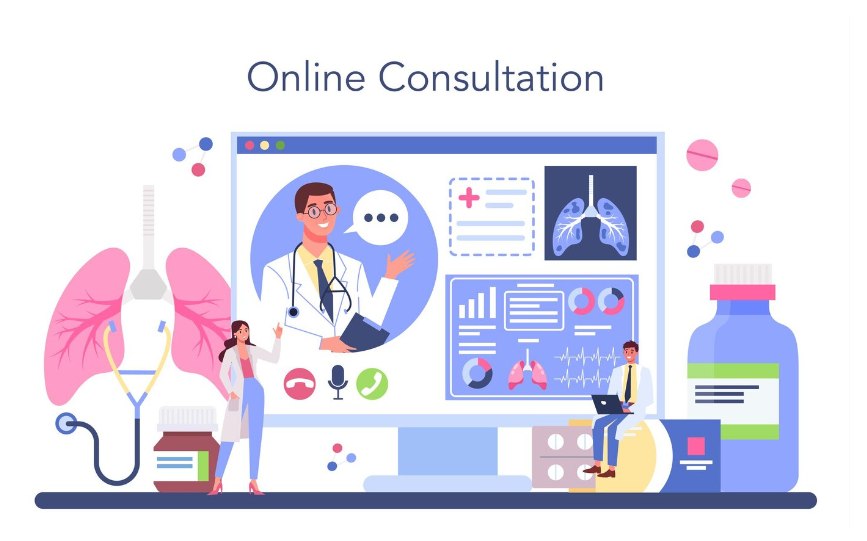
Diagnosis and Screening Methods for Lung Disease
Introduction:
Early detection of lung disease is crucial for effective treatment and management. Understanding the various methods used for diagnosis and screening can help individuals take proactive steps towards maintaining their lung health. In this blog, we’ll explore the simple yet essential techniques employed in identifying lung diseases.
Diagnosis and Screening Methods:
- Medical History and Physical Examination: A healthcare provider will start by taking a detailed medical history, including any symptoms, exposure to risk factors, and family history of lung disease. A physical examination may also be conducted to assess lung function and overall health.
- Pulmonary Function Tests (PFTs): PFTs measure lung function by evaluating how well the lungs inhale and exhale air and how efficiently oxygen is transferred into the bloodstream. Common PFTs include spirometry and lung volume tests.
- Imaging Tests: Chest X-rays and CT scans are commonly used to visualize the structure of the lungs and detect any abnormalities such as tumors, infections, or fluid buildup.
- Bronchoscopy: During a bronchoscopy, a thin, flexible tube with a camera (bronchoscope) is inserted into the airways to examine the lungs and collect tissue samples for further analysis.
- Biopsy: If abnormalities are detected on imaging tests or during bronchoscopy, a biopsy may be performed to obtain a tissue sample from the lungs for examination under a microscope.
- Blood Tests: Blood tests may be conducted to assess oxygen levels, identify infection or inflammation markers, and screen for specific genetic conditions associated with lung disease.
Conclusion:
Diagnosing and screening for lung disease involves a combination of medical history, physical examination, and specialized tests. Early detection allows for timely intervention and better outcomes. If you experience any symptoms suggestive of lung disease or have risk factors such as smoking or occupational exposure, consult a healthcare professional for evaluation and appropriate screening.
To seek medical advice, always consult a Doctor. Here are our recommended experts. Click here
To read more on Respiratory disease . Click Here


